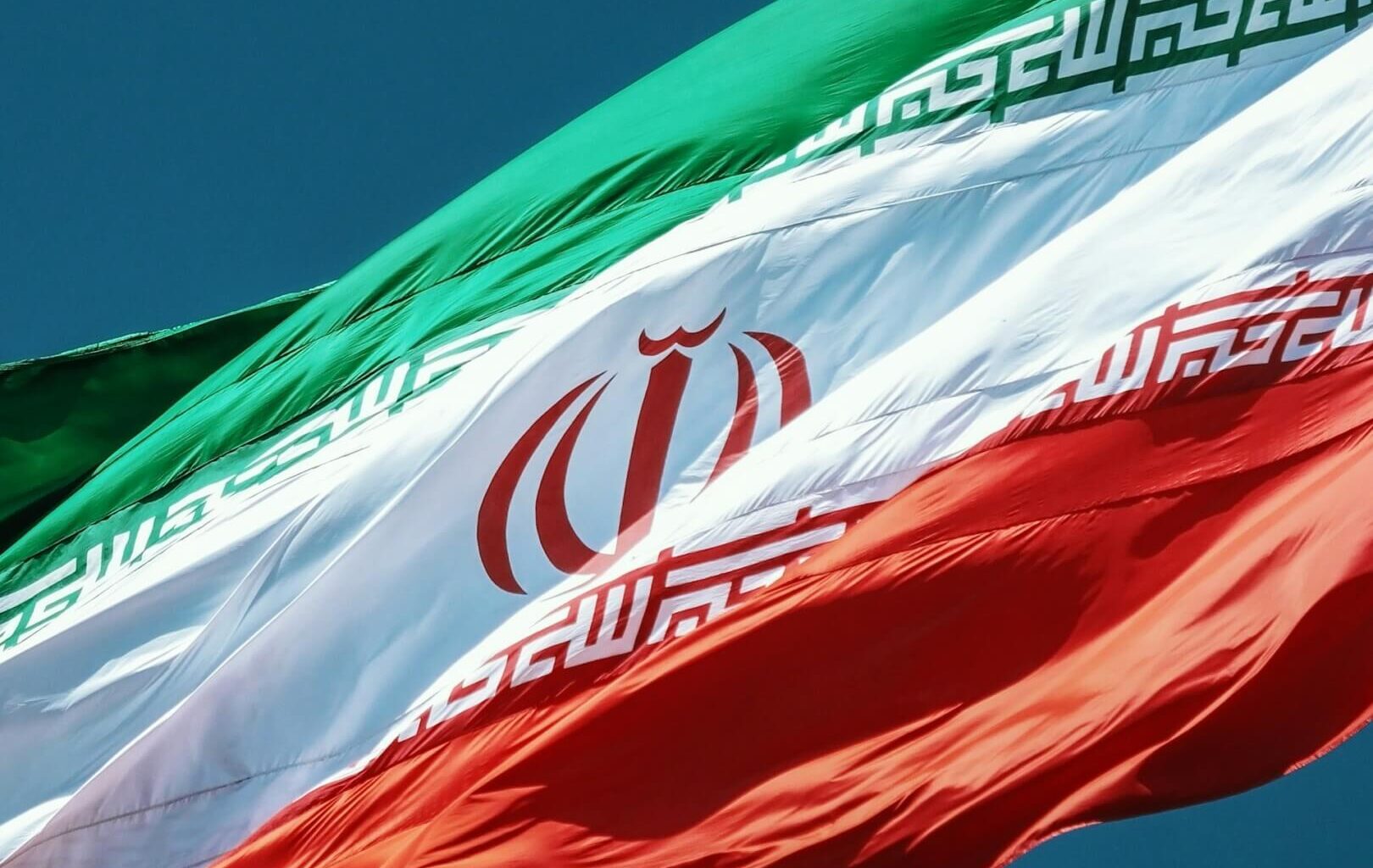Today’s ESG Updates:
- European Powers Initiate UN Sanctions Process: Britain, France, and Germany activate a 30-day mechanism to potentially restore UN sanctions on Iran
- EU Proposes Tariff Swap to Ease U.S. Auto Duties: European Commission offers to drop tariffs on U.S. industrial goods in return for reduced U.S. tariffs
- IFC and BTG Pactual Announce $1B Sustainability Push in Latin America: The World Bank’s IFC and Brazil’s BTG Pactual plan up to $1B in green investments across Latin America by 2028
- Atlantic Current Collapse Now a Serious Climate Risk: New study finds a significant likelihood of Atlantic meridional overturning circulation (Amoc) collapse
Featured ESG Tool of the Week:
Klimado – Navigating climate complexity just got easier. Klimado offers a user-friendly platform for tracking local and global environmental shifts, making it an essential tool for climate-aware individuals and organizations.
European powers begin process to reimpose sanctions on Iran
Britain, France and Germany triggered a 30-day process to reimpose UN sanctions on Iran over its nuclear programme, a decision which was swiftly denounced by Iran. This “snapback mechanism” was activated as the E3 feared losing the option to restore sanctions when their prerogative expires in October. Still, they claim to remain committed to a diplomatic solution, warning that Iran must show readiness to restore inspector access and address concerns over enriched uranium stockpiles. An Iranian official said the move was “illegal and regrettable”, but diplomacy with Europe would continue. Tehran has warned of a “harsh response” if sanctions are reinstated and is considering withdrawing from the nuclear Non-Proliferation Treaty. Both the U.S. and Israel have expressed their support for Europe’s decision, while Russia and China have proposed a deal extension and urged for resumed negotiations. An Iranian source has said that talks would only be considered if Washington guaranteed no further military strikes during negotiations. The UN Security Council will be meeting on Friday to discuss this issue.
***
Further reading: Europeans launch UN sanctions process against Iran, drawing Tehran ire
EU proposes to scrap tariffs on U.S. goods in exchange for lower car duties
 Newly proposed change of terms to U.S. tariffs on autos Photo Credit: Erik Mclean
Newly proposed change of terms to U.S. tariffs on autos Photo Credit: Erik Mclean
The European Commission has proposed removing duties on imported U.S. industrial goods in return for reduced U.S. tariffs on European cars, which was a key part of the trade agreement. The proposals mark the EU’s first step in enacting the framework agreement reached on July 27 between the U.S. and the EU. Removing industrial goods tariffs may have limited impacts, as most goods are already tariff-free. However, the average EU tariff rate on U.S. goods is 1.35%, while cars currently face a 10% tariff. The EU proposals also include farm produce concessions, such as zero tariffs on potatoes, reduced rates for tomatoes, and quotas for pork, cocoa, and pizza. Beef, poultry, rice, and ethanol were excluded. The legislative proposal still requires approval from a majority of EU member states and the EU Parliament, which will take several weeks. To keep up with changing policies and key legislation, businesses can turn to ESG solutions.
***
Further reading: EU to scrap tariffs on US goods to pave way for lower car duties
IFC and BTG Pactual will invest up to $1B in Latin America sustainability
 Billion-dollar plans await Latin America’s sustainability industry Photo Credit: WILLIAN REIS
Billion-dollar plans await Latin America’s sustainability industry Photo Credit: WILLIAN REIS
Brazilian lender BTG Pactual and the World Bank’s private sector arm, International Finance Corporation (IFC), have recently announced joint investment plans of up to $1B for sustainability and development initiatives. The partnership is set to mobilise up to $1B by the end of 2028 through co-financing, equity investments, and private equity funds. The investments aim to boost initiatives to tackle climate change and promote sustainable economic growth in Brazil and Latin America, targeting social and environmental development, conservation, infrastructure, and the so-called bioeconomy. ESG tools can provide companies with further insight into climate solutions as more corporations move towards sustainable development and growth.
***
Further reading: IFC, BTG Pactual to invest up to $1 billion in Latin America sustainability
Study finds that the collapse of the critical Atlantic current is no longer low-likelihood
 New study highlights the urgency for emission reduction Photo Credit: Alexander Grey
New study highlights the urgency for emission reduction Photo Credit: Alexander Grey
A study has found that the collapse of a critical Atlantic current can no longer be considered a low-likelihood event. The Atlantic meridional overturning circulation (Amoc) is a major part of the global climate system, which brings sun-warmed tropical water to Europe and the Arctic, where it cools and sinks to form a deep return current. Due to the climate crisis, it has been known to be at its weakest in 1,600 years. Climate models recently indicated that a collapse before 2100 was unlikely, but new analyses examined models that were run for longer, to 2300 and 2500. Research has shown that if carbon emissions continued to rise, 70% of the model runs led to collapse, while an intermediate level of emissions resulted in collapse in 37% of the models. Even in the case of low future emissions, an Amoc shutdown occurred in 25% of the models. These findings highlight the urgency for large reductions in fossil fuel emissions to avoid the catastrophic effects.
***
Further reading: Collapse of critical Atlantic current is no longer low-likelihood, study finds
Editor’s Note: The opinions expressed here by the authors are their own, not those of impakter.com — In the Cover Photo: Iran’s flag, Feb. 10, 2021. Cover Photo Credit: sina drakhshani
